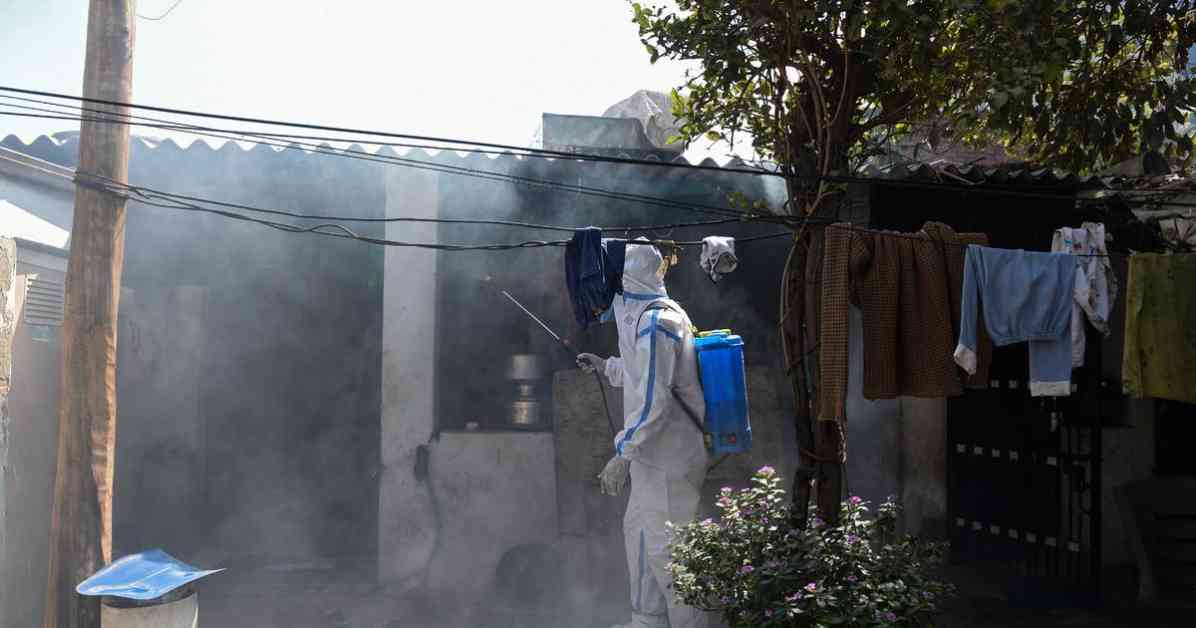Avian Flu Outbreak: Human Bird Flu Infection Confirmed in India
Recently, there have been concerns about the spread of bird flu to humans, especially after cases were reported in U.S. cattle and poultry. The World Health Organization confirmed that a 4-year-old child in West Bengal, India, has been infected with the H9N2 avian flu virus. This is the second human case of avian influenza in India, with the first case being reported in 2019.
The child initially showed symptoms of hyperreactive airway disease but later developed a fever, abdominal pain, seizures, and respiratory distress. After testing positive for influenza B and adenovirus, he was diagnosed with post-infectious bronchiolitis caused by viral pneumonia. The WHO confirmed the presence of the avian flu virus in the child, who had been in contact with poultry around his home.
Following this incident, the Indian government has taken steps to monitor flu symptoms in poultry flocks and raise awareness about the disease’s symptoms and prevention methods. Since the first avian flu outbreak in India in 2006, several cases have been reported, highlighting the importance of taking precautions when dealing with infected animals.
The WHO advises people to minimize contact with animals where infections are suspected, avoid surfaces contaminated with animal feces, and refrain from coming into contact with sick or dead animals. Hand hygiene is crucial in preventing the spread of the virus. Certain groups, such as children, the elderly, and pregnant women, need to be extra cautious when dealing with animals potentially infected with avian flu.
As the H9N2 avian flu virus continues to circulate in poultry populations, the risk of human infection remains. It is essential to follow guidelines provided by health authorities to prevent further spread of the virus and protect vulnerable populations from the potentially severe consequences of avian flu.
In conclusion, the recent human case of bird flu in India serves as a reminder of the ongoing threat posed by avian influenza to public health. By staying informed and taking necessary precautions, we can mitigate the risks associated with avian flu and prevent future outbreaks from occurring.





















